Sort:
The average pro reviews rating is 8.4 / 10, based on the 18 reviews.
How we do it
We humanly agregate professional reviews from a number of high quality sites. This way, we are giving you a quick way to see the average rating and save you the need to search the reviews on your own. You want to share a professional review you like?

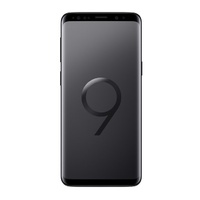
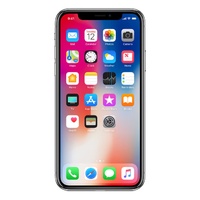



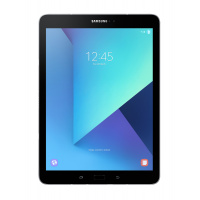
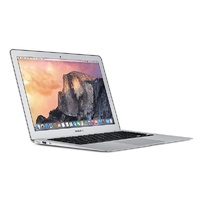
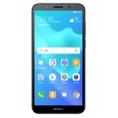


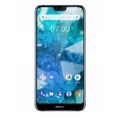








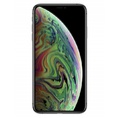
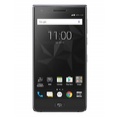










ubergizmo‘s review Edit Like Unlike
May 31, 2012
Engadget‘s review Edit Like Unlike
May 10, 2012
HotHardware‘s review Edit Like Unlike
Jul 10, 2012
TheVerge‘s review Edit Like Unlike
May 11, 2012
pocketnow‘s review Edit Like Unlike
Phone Scoop‘s review Edit Like Unlike
May 14, 2012
GSMArena‘s review Edit Like Unlike
May 18, 2012
PC World‘s review Edit Like Unlike
May 11, 2012
Phone Arena‘s review Edit Like Unlike
Jun 28, 2012
Digital Trends‘s review Edit Like Unlike
Jun 15, 2012
TechRadar UK‘s review Edit Like Unlike
May 22, 2012
Phone Arena‘s review Edit Like Unlike
May 21, 2012
PC Magazine‘s review Edit Like Unlike
May 17, 2012
Pocket-lint‘s review Edit Like Unlike
May 17, 2012
MobileBurn‘s review Edit Like Unlike
May 15, 2012
Phone Arena‘s review Edit Like Unlike
May 14, 2012
SlashGear‘s review Edit Like Unlike
May 11, 2012
MacNN‘s review Edit Like Unlike
Apr 29, 2012